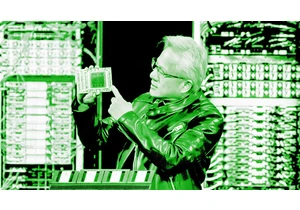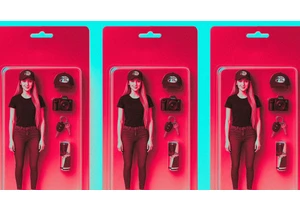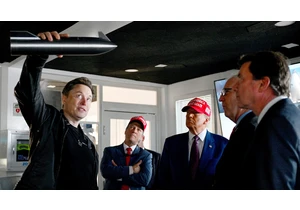Cruise is bringing supervised autonomous driving back to Phoenix this week, more than six months after the company pulled all of its self-driving cars off the road following regulatory scrutiny.
“Safety is the defining principle for everything we do and continues to guide our progress towards resuming driverless operations,” the company wrote in a blog post. Cruise plans to gradually expand to Arizona’s Scottsdale, Paradise Valley, Tempe, Mesa, Gilbert and Chandler. It hasn’t given a timeline on returning to other states, such as California or Texas. It also is unclear when it will begin offering fully driverless rides again.
Cruise faced intense pressure last year after a number of incidents showed vehicles stopping suddenly or obstructing emergency responses in San Francisco. The city ordered Cruise to cut its fleet in half while it investigated. Cruise complied and kept operating until its response to an October crash came into view.
A car hit a woman in San Francisco and flung her into the path of a Cruise driverless vehicle. The autonomous car hit the woman, stopped, and then dragged her roughly 20 feet as it pulled to the curb. The California Department of Motor Vehicles suspended Cruise’s permit to operate its self-driving cars in the state, citing “an unreasonable risk to public safety.”
Since then, the General Motors-backed company has been on a mission to restore public trust. Cruise voluntarily pulled all its driverless operations across the country, hired outside law and engineering firms to review the situation, and implemented a leadership shakeup.
Inicia sesión para agregar comentarios
Otros mensajes en este grupo.

Welcome to AI Decoded, Fast Company’s weekly newsletter that breaks down the most important news in the world of AI. You can sign up to receive this newsletter ever


Elon Musk’s SpaceX and two partners have emerged as frontrunners to win a crucial part of President Donald Trump’s “Golde

A new watchdog report uncovers Facebook groups quietly fueling a black market fo

A software application called Interview Coder promises to help software developers succeed at technical job interviews—by surreptitiously feeding them

Amid tariff whiplash and the rejuggling of global trade, GE Vernova’s CEO Scott Strazik is finding a way to stay “relentlessly optimistic.” Strazik returns to the Rapid Response podcast to share h

Tesla‘s electric-vehicle registrations in California dropped 15.1% during the first quarter, industry data showed, signaling an
